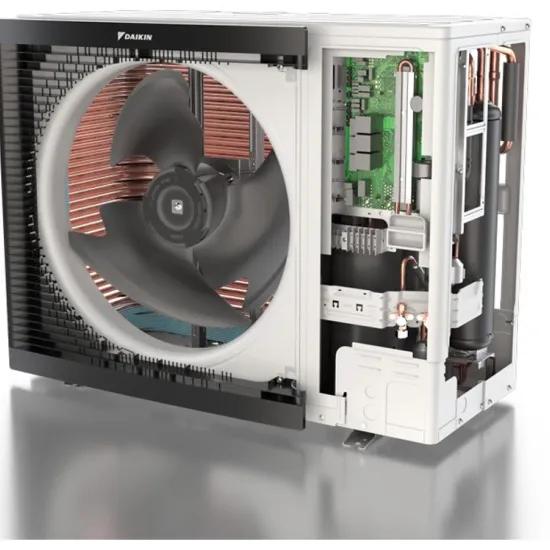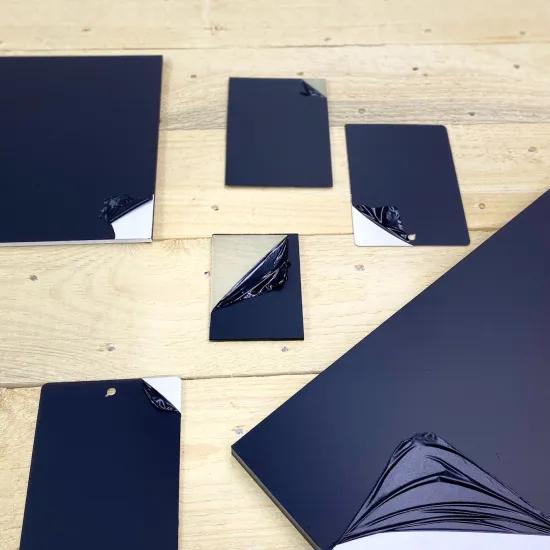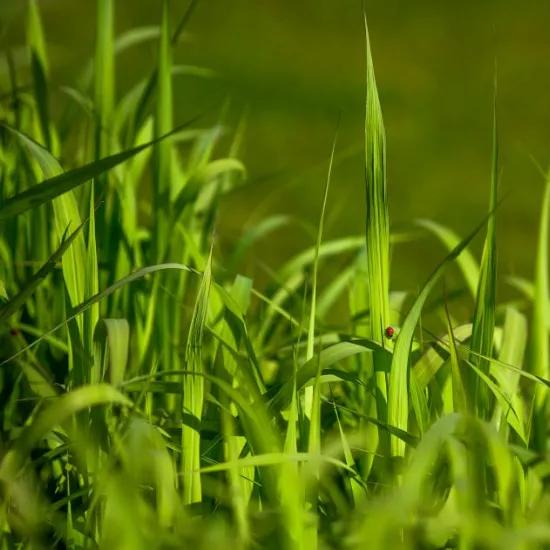Worldline, European leader in the payments and transactional services industry, and major manufacturer of payment terminals, has taken action to reduce its environmental impact by reviewing its processes and products. The company worked with Sirris and Agoria to reduce both costs and eco-impact, putting a process of continuous improvement in place in line with the ambitious CSR policy of the Worldline Group (formalised in its Trust 2020 ambition programme).
The Terminals unit of Worldline designs, sells and manages payment terminals for a global market, mainly for the premium segment. Worldline terminals feature an extensive set of functionalities and options, which means the product design process requires extensive interdisciplinary technological knowledge and collaboration.
The challenge is to pack mechanical components, electronic components, and functionalities for data capture, data transmission and data security into a single compact device that is also attractive and easy-to-use. Additionally, the terminals are built to last and must also remain easy to update in line with evolving electronic systems.
Awareness
ISO14001 certified since 2012, Worldline has taken action to reduce its environmental impact by revising its processes and products. Sirris, Agoria and Worldline worked together to set up workshops to implement this improvement process. The introductory workshop explored the potential benefits of the circular economy and eco-design, and the enthusiastic response encouraged the company to select several themes and ideas for farther development in individual and collective work sessions.
Worldline can now measure and monitor the eco-impact of products, from the design phase through production and to commercialisation. Associated requirements are now included in the design process, starting from the initial product ideas.
Mr Sébastien Spanneut (Industrialization Project Manager): "It makes a big difference to us to realise that our decisions have an impact so early in the process, even while we are still discussing initial product concepts. The eco-impact measurements help us evaluate the potential impact of our choices right from the start."
Choices about production sites and transport modes have huge consequences at both economic and ecological level, because the multi-phase production process involves locations in Europe and Asia, global markets and a distributed supply chain. Being able to measure the eco-impact of products makes it possible to analyse different scenarios and optimise the supply chain in terms of cost and eco-impact. By developing additional criteria for scenario evaluation, this strengthens Worldline’s strategic decision-making processes.
Plastic housing
The housing contributes largely to the overall weight and eco-impact of any product, so action needed to be taken to identify alternatives to the current plastics. The demanding characteristics of housing materials (UV stability, mechanical requirements, fire retardant and so on) require a thorough selection and testing process. Worldline is working more and more closely with suppliers and subcontractors to explore and evaluate new materials. Early feedback from tests with a multidisciplinary product design team already show significant added value. It also makes it possible to investigate needs, expectations and new opportunities, guiding a continually evolving process for materials selection.
Packaging
To reduce unnecessary packaging, Worldline investigated the underlying requirements at different stages of the process: individual packaging, bulk packaging, installation and so on. By reviewing core requirements and challenging unquestioned habits, Worldline has identified new concepts to help reduce wasteful packaging and streamline logistics.
Mr René Slinckx (Terminal manufacturing and Repair Manager): "Thanks to challenging our habits and assumptions, plus exploring alternatives as a multi-disciplinary team, we have already identified significant opportunities for savings. We have also reduced the CO2 footprint of our activities. What we need to do now is find more actions we can take, and include them in detailed business cases."
Process of continuous improvement
Continuous improvement is now an integral part of Worldline management systems, though there will always be new issues to address. One example is the impact of providing mandatory printed receipts/proof of payment at every transaction. “Reducing merchant consumption of thermographic paper” has therefore been identified as an objective. Once again, the first step will be to challenge existing assumptions and habits.
Would you like to know more about why the circular economy can also be an added value for your company? Download the whitepaper that we recently compiled and published, with in addition to the Worldline case several other examples of companies that take concrete actions. After all, nobody wants a worse world, right?
(Source picture at the top: Wordline)




